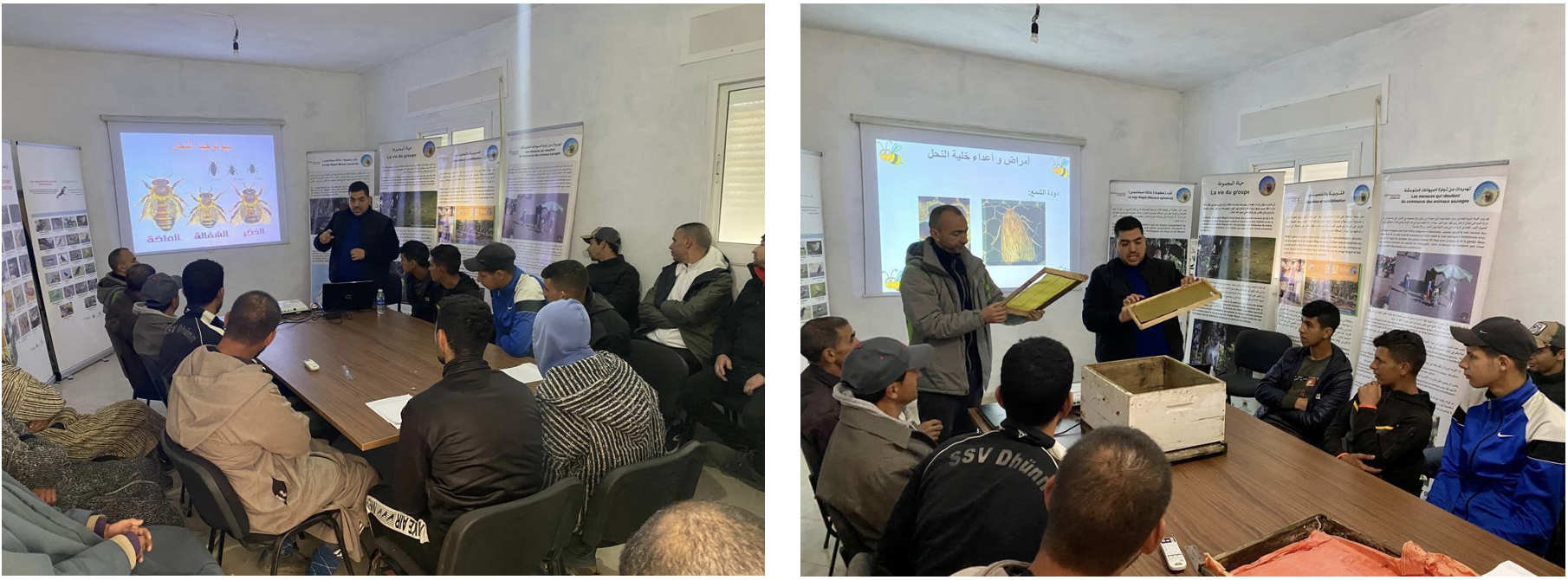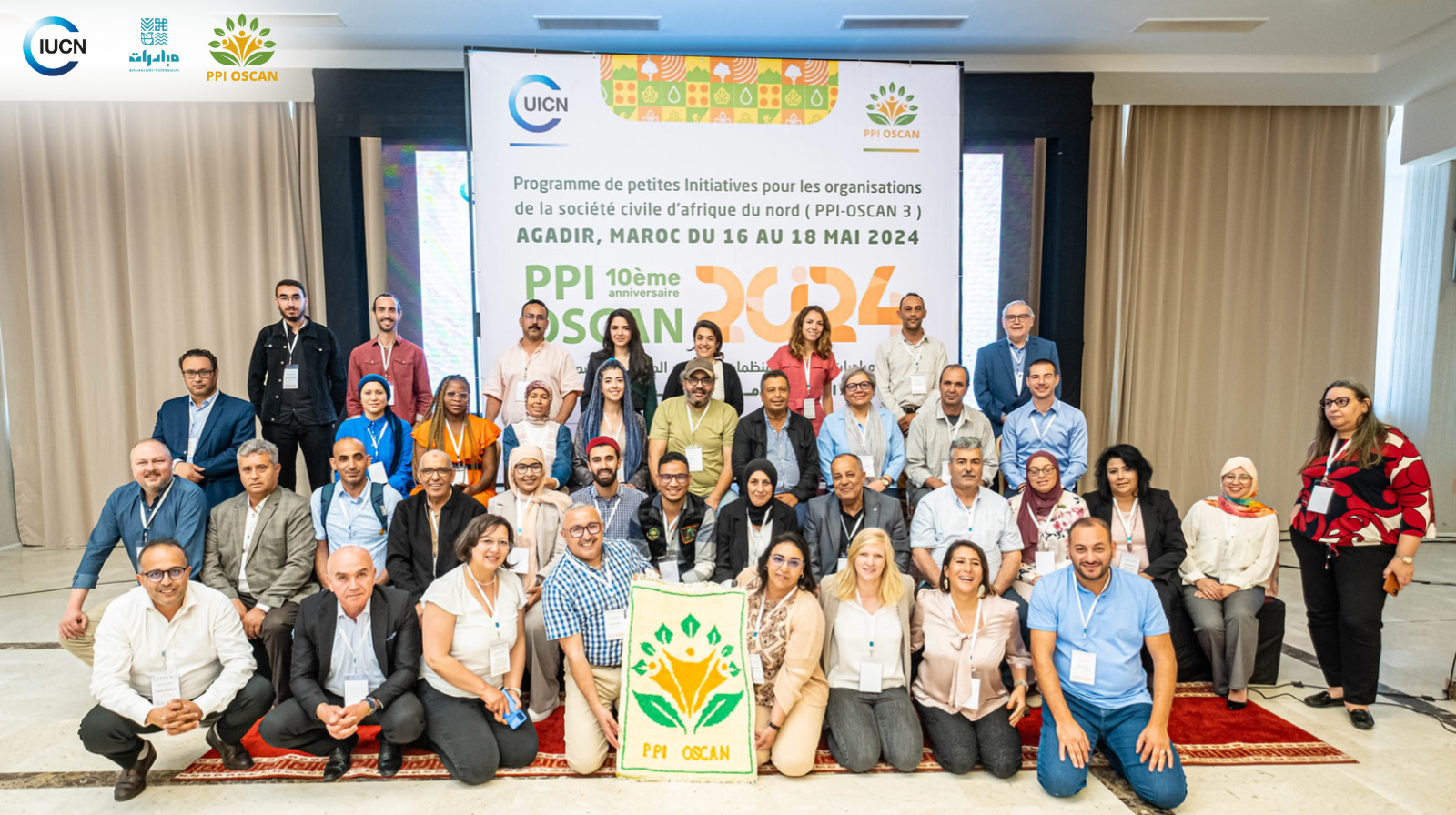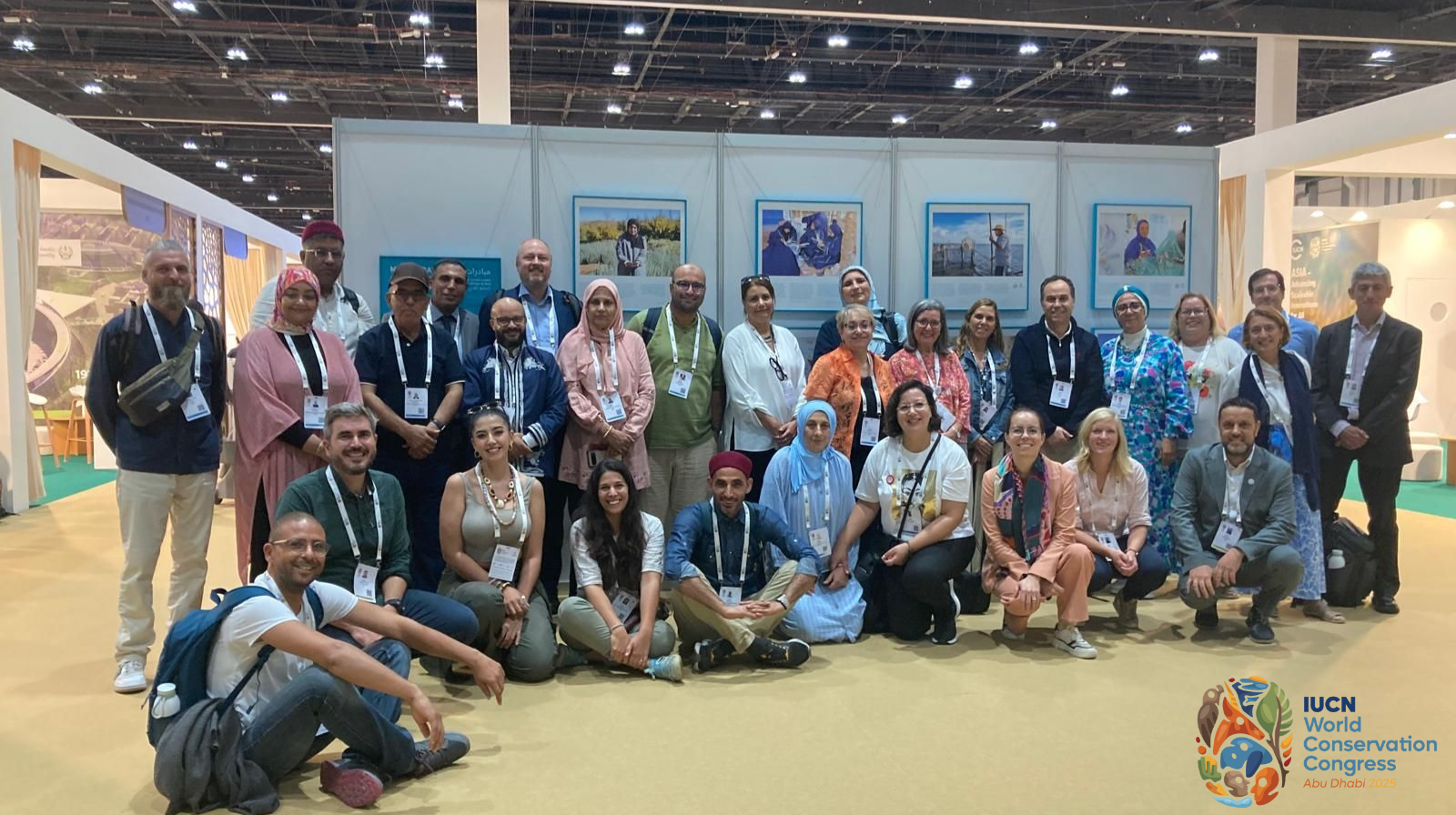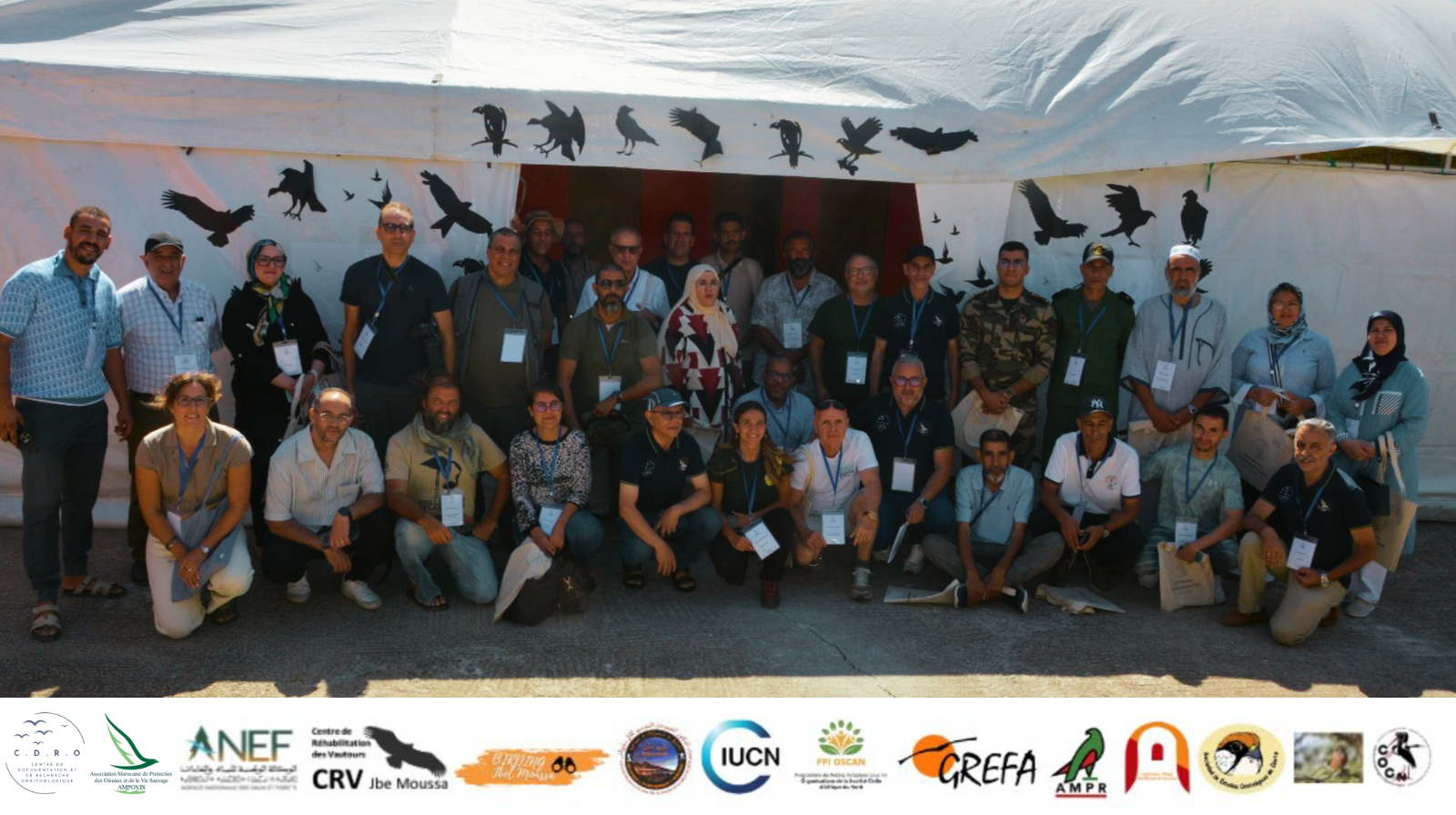Bouhachem: Promoting Traditional Knowledge and Conserving Biodiversity
In the Rif Mountains, Bouhachem Natural Park represents an exceptional ecological and cultural heritage. However, this fragile ecosystem faces numerous pressures, including soil degradation, the abandonment of traditional agricultural practices, and the depletion of natural resources. To address these issues, the Barbary Macaque Conservation in the Rif Association (BMCRif) has launched a project entitled “Preservation and Promotion of the Heritage and Traditional Knowledge of Bouhachem Park”, with the goal of integrating biodiversity conservation and sustainable socio-economic development.
Combining Tradition and Innovation for Sustainable Conservation
The project is structured around three main objectives aimed at combining environmental protection with socio-economic development. The first objective is to preserve traditional agroecosystems, which play a crucial role in maintaining the park’s ecological balance. Despite their decline, the ancestral practices associated with these systems remain essential for biodiversity conservation and sustainable natural resource management.
BMCRif has supported the creation of two agricultural cooperatives in the region to help local farmers enhance the value of their local products. These cooperatives play a central role in improving market access by promoting products derived from sustainable and environmentally friendly practices.
With funding from the TransCap program, the association has implemented practical tools to strengthen the cooperatives’ visibility: refined labeling, appropriate packaging, local sales outlets, and participation in regional markets. All these efforts aim to ensure better recognition of products among consumers while guaranteeing fair income for producers.
As part of this initiative, high-value crops such as saffron and bay laurel have also been introduced. These offer farmers sustainable alternatives to diversify their income while integrating harmoniously into the natural landscapes the project seeks to protect.
This approach helps restore the value of local knowledge while embedding agriculture in a sustainability logic that benefits both rural communities and ecosystem protection.
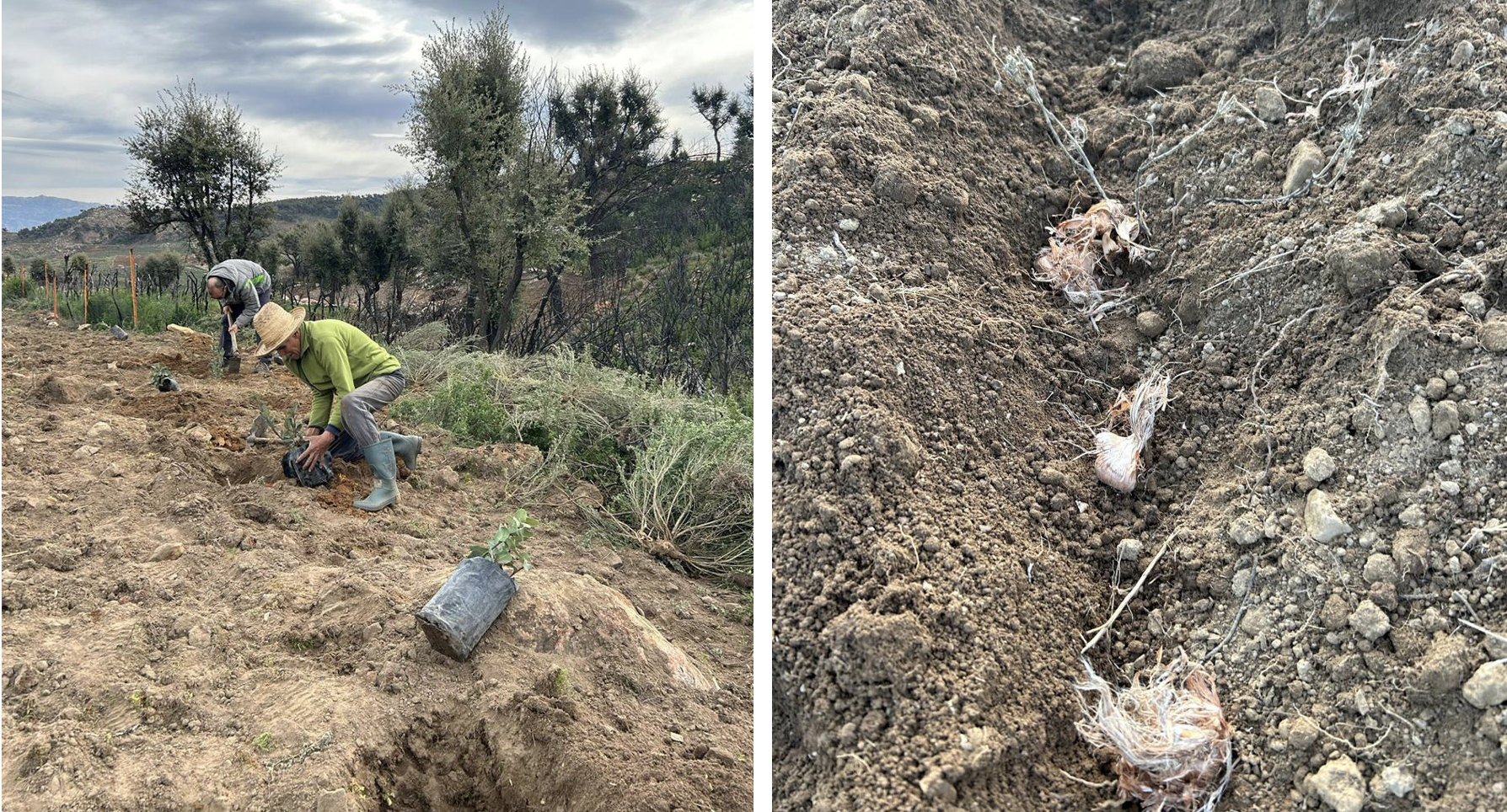
Training and Supporting Local Communities
Since the beginning of the project, much of the effort has focused on building the capacities of farmers and women in the region. A total of 60 farmers and 45 women have been trained in agroecological techniques, including saffron cultivation, arboriculture, beekeeping, and natural resource management. These training sessions have enabled participants to adopt ecological farming practices and enhance the value of local products, allowing them to make better use of Bouhachem Park’s resources and contribute to its preservation.
Moreover, learning planting techniques tailored to the local terrain has helped optimize yields while preserving ecosystems. At the same time, the transmission of traditional knowledge has been equally important, enabling local communities to revitalize ancestral know-how and combine it with innovative solutions.
An Agrotourism Model Supporting Local Development
o ensure sales opportunities for farmers and to promote products derived from local crops, marketing circuits have been established with several regional actors. This has increased the visibility of local products, now available at strategic sales points across the region, including the Royal Yachting Club in M’diq, the Cooperative Product Market in Fnideq, the Ceuta border crossing, and the popular seaside resort of Martil.
Building on this momentum, a model of responsible ecotourism has been implemented, combining local know-how with a sustainable approach to tourism. This model highlights the natural and cultural riches of Bouhachem Park while generating tangible economic benefits for local communities. It therefore makes a significant contribution to the vitality of the rural economy while promoting a harmonious relationship between economic development and environmental preservation.
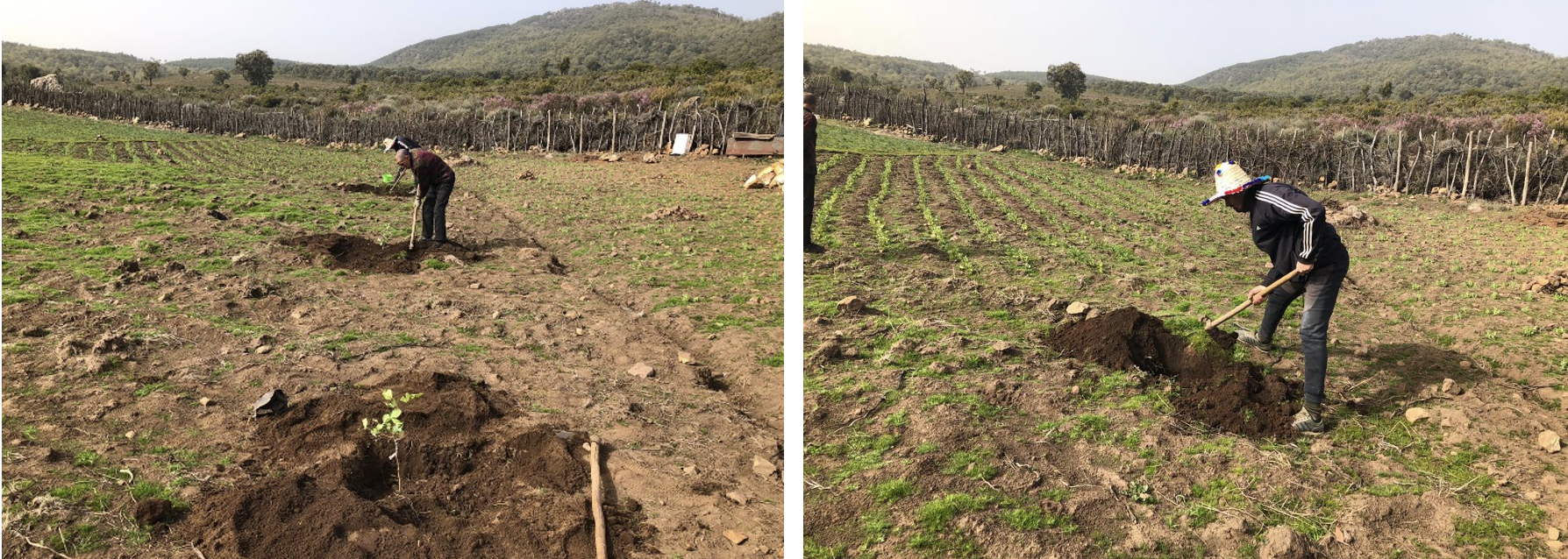
Toward Sustainable Agriculture and Preserved Biodiversity
The project’s initial results are promising: by combining nature conservation and economic development, BMCRif offers local populations a tangible alternative to the overexploitation of natural resources. These initiatives could now be expanded to other regions, with enhanced support for farmers, to encourage the adoption of more resilient models in the face of climate and economic challenges.
As the association’s president notes:
“This project represents a real opportunity for local communities, who are reconnecting with their agricultural traditions while addressing modern challenges. Through agroecology, we preserve biodiversity while improving residents’ living conditions.”

The BMCRif project is implemented and funded under the TransCap program, coordinated by the IUCN Centre for Mediterranean Cooperation (IUCN-Med) and financed by the General Directorate for Cooperation of the Balearic Islands. The TransCap program aims to strengthen the role of Civil Society Organizations (CSOs) in addressing today’s challenges related to environmental conservation and sustainable development in Moroccan and Tunisian Mediterranean communities.
👉 Learn more about the associations benefiting from the TransCap program: https://mubadarat-uicn.org/projets/#TransCap
👉 For more information about our initiatives and our commitment to CSOs in North Africa: https://linktr.ee/mubadaratbyiucn

